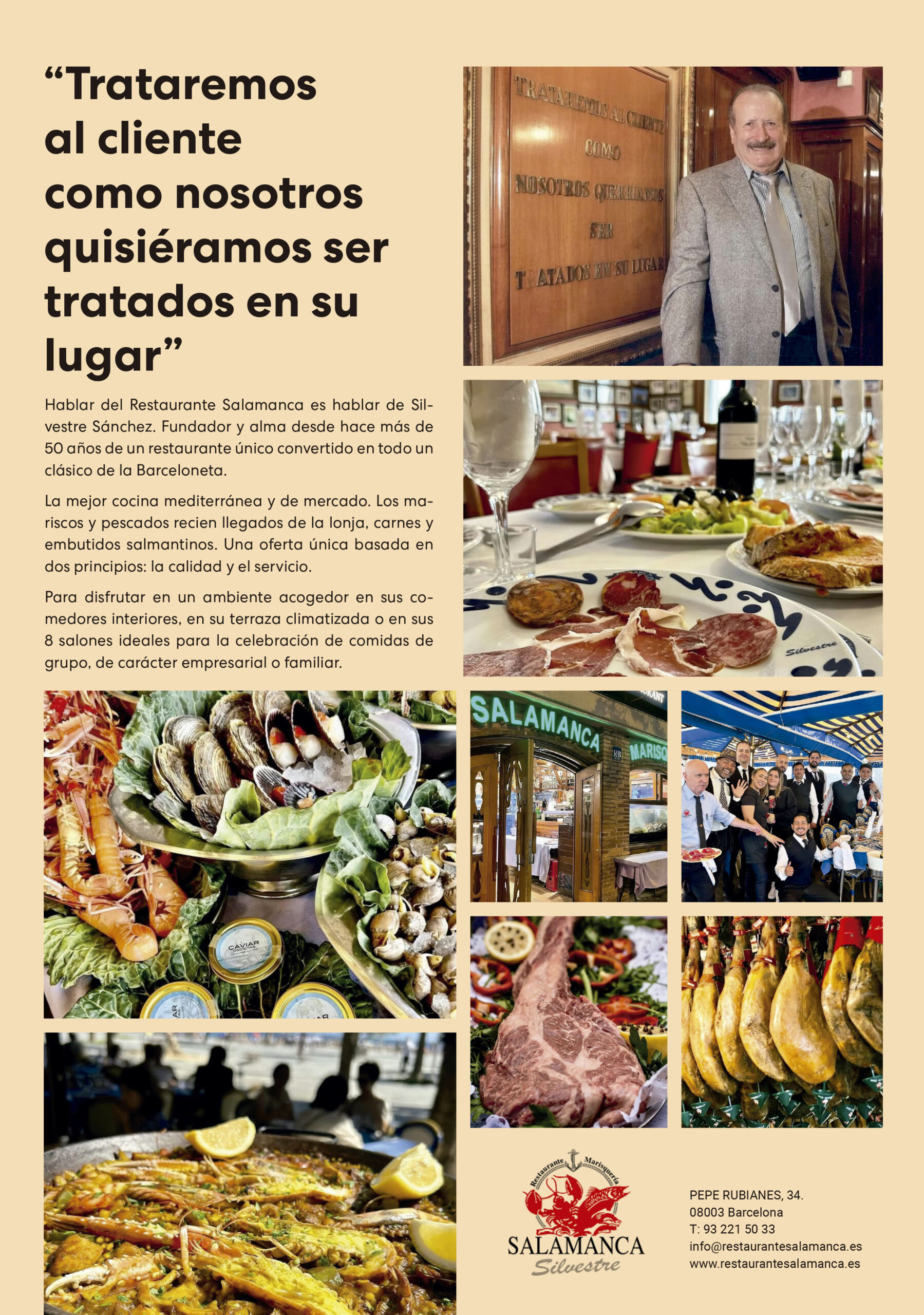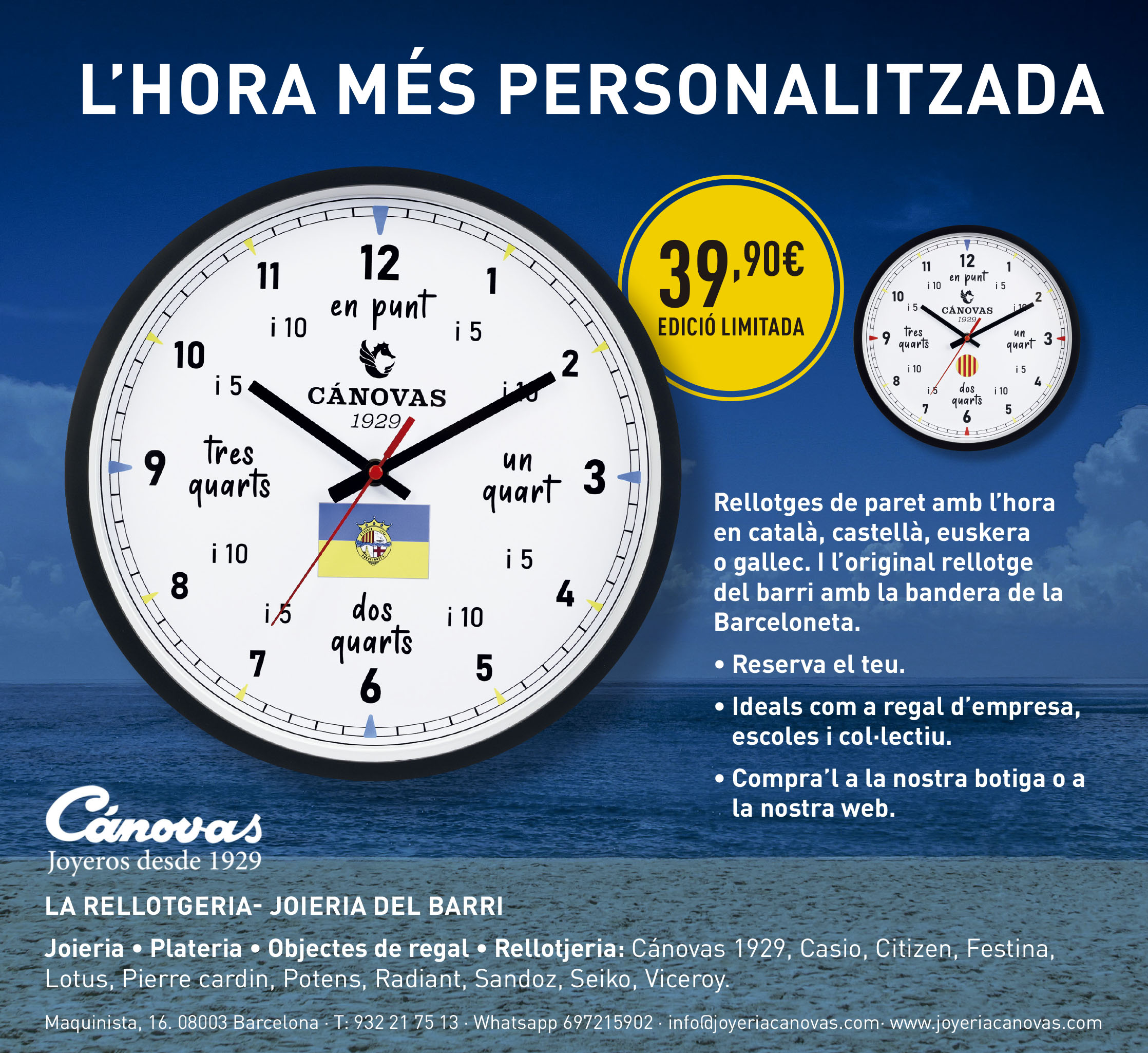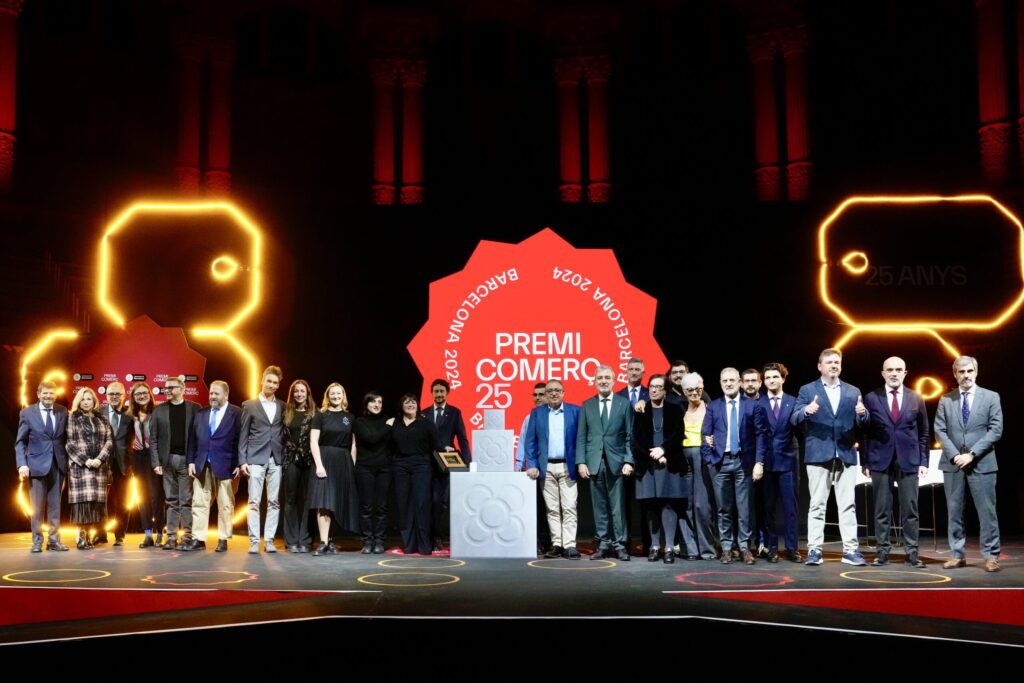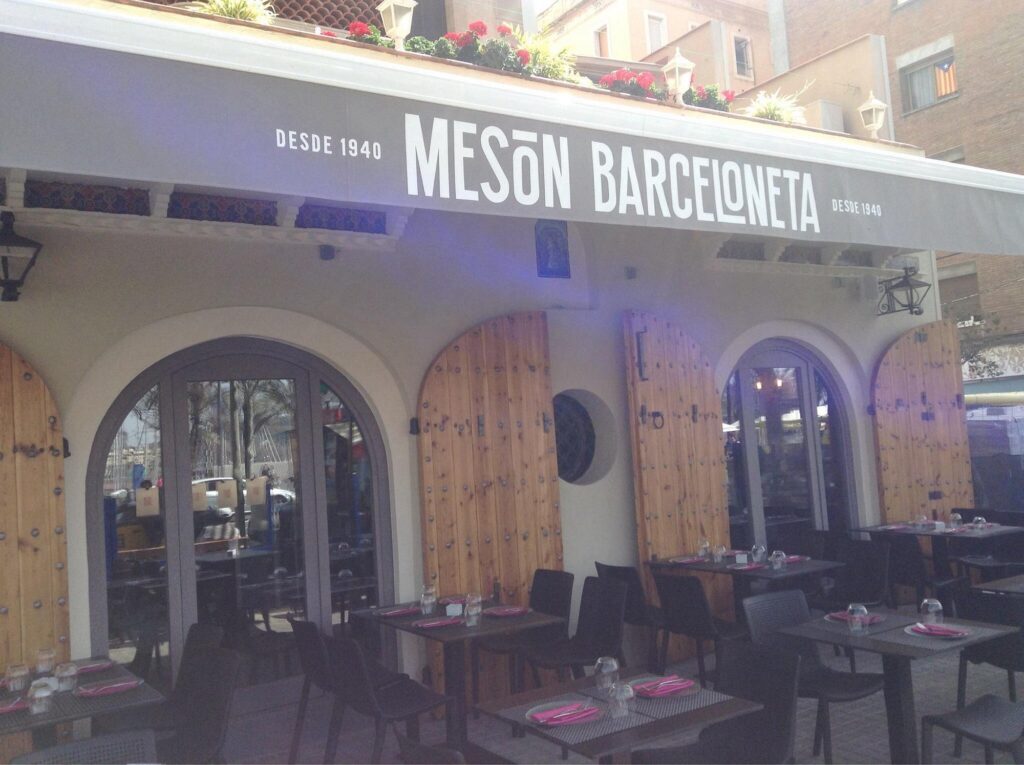Intangible Cultural Heritage of Humanity by UNESCO
Catalan Rumba is our musical style. It originated in Barcelona around the 1950s, and is the only urban music creation that became traditional and popular in the 20th century in all of Europe. It is undoubtedly part of Catalonia’s Cultural Heritage and is Catalan Traditional and Popular Music. But, above all, it is a musical and cultural creation of the Catalan gypsies.
Always risky to list, we can highlight artists who have sung or sing to the rhythm of the fan, such as: the greatest Peret (Peter Pubill Calaf ), The Pescailla (Antonio Gonzalez ) , Chacho (Jose Maria Valentin), the Boy , Touch , Uncle Polla , Los Amaya, Rumba Tres, Gato Pérez as a rediscoverer of luxury, Los Manolos or the Gipsy Kings , giving it an international dimension, and more recently, groups like the Oh , oh , oh , or the Taste of Grace of Sicus Carbonell. Not to mention the influence he has had and continues to have on a multitude of renowned singers of other genres.The Rumba is ours!
El Ventilador
El ventilador of Catalan rumba is a unique rhythmic beat with the right hand on the guitar strings, plucking the soundboard. It was performed with great skill by, among others, maestro Peret.
For many years, rumberos practiced the ventilador without giving it a name, and it was an Argentine-Catalan rumbero, Gato Pérez, who baptized it in the song with that title and included in his first album, ‘Carabruta’ (1978).
Platform for the Defense of Catalan Rumba
Daniel Pubill , grandson of Peret and board member of the Platform for the Defense of Catalan Rumba.
The Platform for the Defense of Catalan Rumba is a very diverse group of people, made up of professional artists and creators of Catalan Rumba, the Roma community of Catalonia and the south of France, entities such as the National Platform for the Rights of the Roma People, APAC Catalan Rumba, Mother Land Mediterranean Foundation, International Network of Writers for the Earth, Young Roma Association of Gràcia. Led by the children of the creators of Catalan Rumba, Rosa Pubill (daughter of Peret ) and Amadeo Valentí (son of Chacho)
The objective of the Platform is to promote and bring to life a style of music that is so much ours, the Catalan Rumba, and that is recognized as Intangible Cultural Heritage of Humanity by UNESCO.
We began operating in the second quarter of 2022. The work to date has focused on consolidating the project, as well as carrying out different actions to promote Catalan rumba. We are currently ready to carry out the different activities planned to achieve our goals. We are open to incorporating all entities and people, regardless of their culture. The only requirement is that they feel Catalan Rumba as we do above all else, and that they respect human rights.
“The Rumba is ours!” is the slogan we proclaim everywhere, given that we start from the premise that the Catalan Rumba is already part of the Cultural Heritage of Catalonia and is Traditional and Popular Catalan Music. But beyond this fact, it is a musical and cultural creation of Catalan gypsies, and therefore, we gypsies, along with the ones that are not, want to carry the flag of Catalan Rumba at UNESCO.
Objectives:
• To present the candidacy of Catalan Rumba as Intangible Cultural Heritage of Humanity at UNESCO, jointly with France.
• To create, promote, and internationalize an industry where the Catalan Rumba brand is recognized worldwide. To promote research on Catalan Rumba and initiate the creation of a historical archive on this music and its performers.
• To achieve International Catalan Rumba Day. We propose it to be celebrated on July 24th, the date on which the Parliament of Catalonia recognized Catalan Rumba as Patrimoni Cultural Català.
• To raise awareness of the history, technique, and practice of Catalan Rumba by holding rumba workshops throughout Catalonia, Spain, and France, in educational centers, cultural and music fairs, music markets, etc.
• Promote Catalan Rumba and its authors and creators.
• Establish a Catalan Rumba day at all of Catalonia’s major festivals, with various activities for all families.
• Have a comprehensive plan to standardize Catalan Rumba so that it is present at all of Catalonia’s festivals and in the media.
• Incorporate with the mass media A Catalan Rumba program to promote this musical style.
• Establish an International Twin Festival of Catalan Rumba, Cuban Rumba, Congolese Rumba, and Flamenco in Barcelona.
• Produce thematic Catalan Rumba shows or sessions throughout Spain and in third countries , carrying out cultural and musical exchanges.
• Create the “Casa Museo de la Rumba Catalana”, a sociocultural, historical and educational space open to visits and different musical and cultural activities, such as small performances and tastings of gypsy cuisine.
• Create synergies between the artistic community and private companies, to participate in private initiatives and obtain sponsorships.
Daniel Pubill, grandson of Peret and member of the board of La Plataforma for the defense of Rumba Catalana









